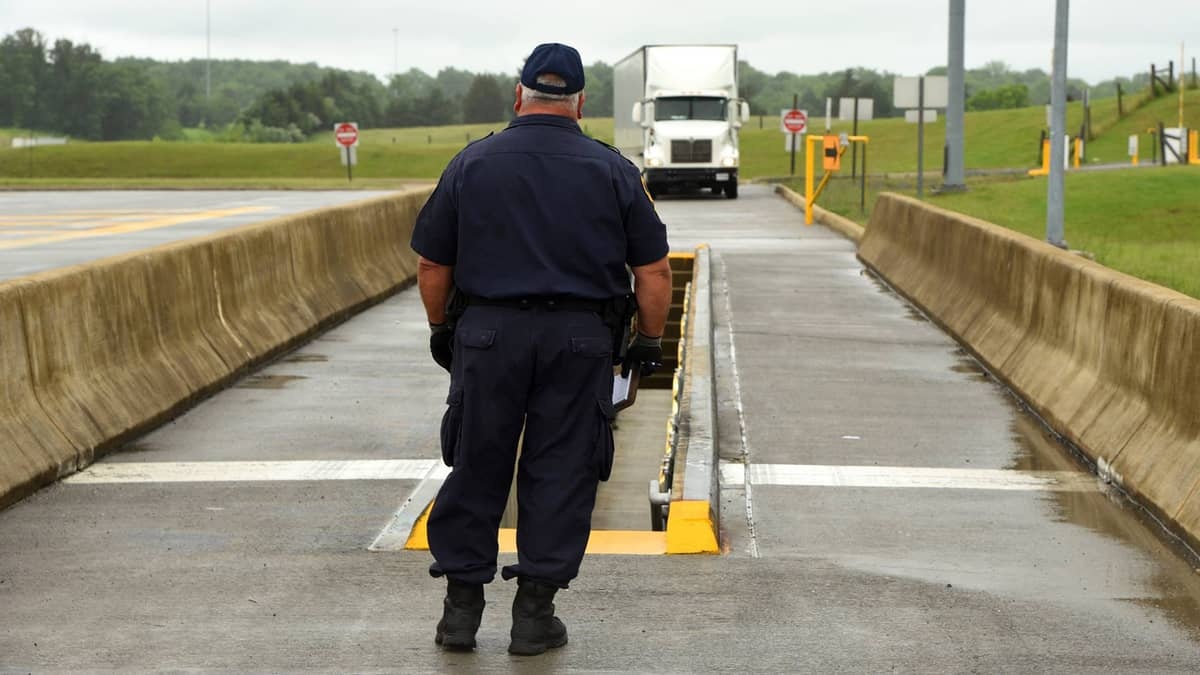Need help? We're here!
(888) 312-8812 Login SignupPreparing for Brake Safety Week: A Few Tips for the American Truckers
August 20, 2020

August 20, 2020

Image Source: CVSA
The vehicle’s stopping power will again be on the limelight from August 23 to 29. As enforcement officials participate in this year’s Commercial Vehicle Safety Alliance’s (CVSA) Brake Safety Week, drivers and operators should prepare their ride for additional brake scrutiny.
Brake hoses and tubing must be up to specs as they will be given some special attention during the Brake Safety Week, CVSA says. Truckers may be placed out of service if the brakes of their vehicle fail to meet safety regulations.
During the 2019 Brake Safety Week, out of all the trucks checked, 13.5% or 4,344 vehicles were put out-of-service due to brake-related violations. Moreover, 45.1% of all OOS violations during the International Roadcheck are caused by brake system and adjustment issues.
This year, whether you’re ready or not, inspectors will be making the rounds, anytime from August 23 to 29, to give your fleet’s brake systems a thorough inspection. To ensure that your commercial vehicles are as safe to drive as possible and meet CVSA’s safety requirements, here are some tips to pass this year’s brake safety checks:
Before you head out of the garage for your driving shift, you should make it a habit to give your commercial vehicle a thorough check. This will help you spot any mechanical issue and address it before it gets worse. It will also help you avoid costly HTA violations and longer vehicle downtime.
A pre-trip inspection may take anywhere from 20 to 50 minutes, and it involves the following:
For roadside checks, inspectors usually follow a seven-point inspection game plan. This plan often includes checking the driver’s license and vehicle registration, low air warning device, pushrod travel (adjustment), brake linings/drums, leaks and air loss rate, and tractor protection system.
Besides the vehicle’s mechanical fitness and roadworthiness, the inspection includes examining the driver’s operating requirements. The inspector will collect and verify the documents, check the driver’s license, determine the motor carrier, and review the vehicle’s Hours of Service (HOS) and periodic inspection record.
Hence, it is a good idea to keep your documents handy and safe in one folder. The said folder should contain the driver’s license, vehicle registration, insurance, Transportation worker identification credential (TWIC) card, bill of lading, HOS logbook, and medical examination certification form. You can also avoid surprises by reviewing your driver and the company’s SMS profile.
In the past Brake Safety Week, inspectors focus on eight specific brake system features during their evaluation. These include:
However, some of these checks can only be performed if trucks and trailers are fitted with traditional S-cam “drum” brakes.
CVSA will focus on brake hoses and tubing for this year’s Brake Safety Week. When checking your truck’s brakes, pay more attention to these components and make sure they are properly attached, free of leaks or damage, and are flexible enough. Any problem with these brake parts can cause more severe brake problems that could be catastrophic if not addressed immediately.
It pays big time if you understand the operating conditions of your fleet’s vehicles. You should keep a record of the application terrain, the average length of haul, tractor-trailer combinations, and driver patterns, as these can affect the frequency and intervals of brake linings replacement. A fleet manager won’t also go wrong in instilling a safety-minded culture within the company.
The Brake Safety Week falls in August, amid the Brake Safety Awareness Month. This event includes awareness efforts around brake operation, maintenance, and performance. It is also a part of the CVSA’s Operation Airbrake initiative, that is done in partnership with the U.S. Federal Motor Carrier Safety Administration (FMCSA) and Canadian Council of Motor Transport Administrators (CCMTA). As part of the event, CVSA takes efforts in educating motor carriers, drivers, mechanics, and owner-operators on the importance of proper brake performance, operation, and maintenance.
Should you need new brake parts to make your truck’s brakes ready for the Brake Safety Week, FinditParts has got them all for you at reasonable prices. Browse our catalog and check out the top-quality braking components that meet the needs of your fleet.